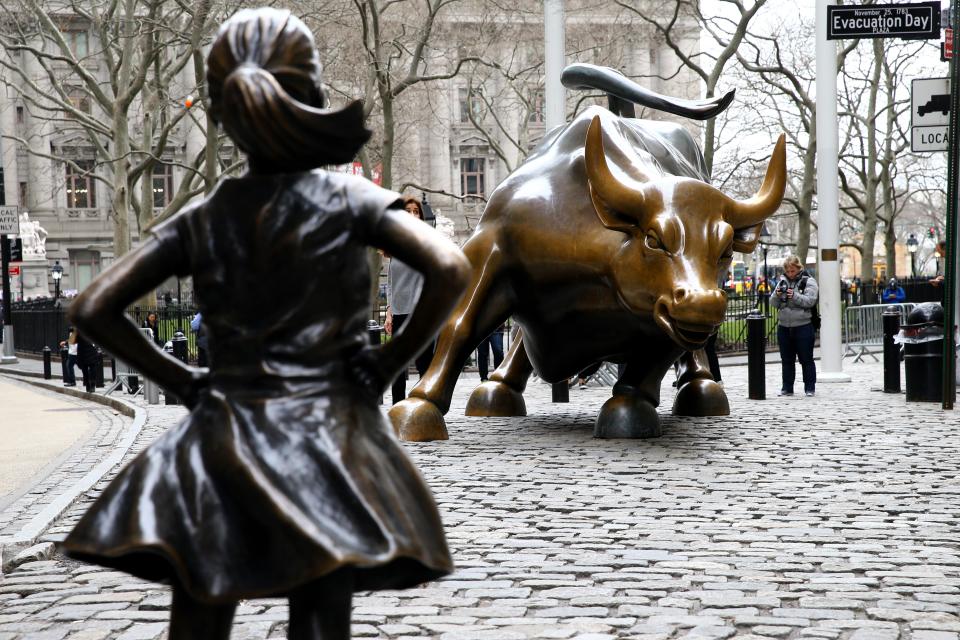Pushing Back on Tech Bubble Warnings
This article first appeared in Data Sheet, Fortune's daily newsletter on on the top tech news. Sign up here.
I try my best to avoid writing headlines that ask questions. Depending on the subject, the interrogative subject line suggests the article’s author doesn't know the answer.
Take, for instance, the provocative essay in the “Sunday Review” section of The New York Times yesterday that queried, “When Will the Tech Bubble Burst?” The author, Ruchir Sharma, chief global strategist at Investment Management, certainly doesn’t seem to know the answer to his own question. (He or his editors might also have pointed out an extremely similar, if more concise, piece that appeared a few days earlier in The Economist called, simply, “Tech stocks have regained their dotcom-era highs.”) “We can never know when the end will come,” Sharma writes, before offering the existence of three factors he hints might already be present: imminent regulation of big tech companies, imminent tightening of monetary policy by central banks, and imminent earnings disappointments.
Rather than making a call myself, I’ll offer three observations for you to chew on to start your week.
* Identifying a bubble is easier than forecasting when it will pop. I saw the signs as long ago as 2014, in an anecdotal piece I wrote about the soon-to-be-public Arista Networks. At $12.4-billion in market value, Arista’s share are about triple their worth in their IPO.
Get Data Sheet, Fortune’s technology newsletter.
* History is helpful, but the details are important. Morgan Stanley’s Sharma notes the outsized importance of companies like , , , , Alibaba and Tencent. He also reflects on how the “dot-com era saw the rise of big companies that were building the nuts and bolts of the Internet--including Dell, , and --and of startups that promised to tap its revolutionary potential.” A problem: Each of these companies pre-dated the dot-com era. Microsoft quite nearly missed it. Companies that can transcend an era tend never to be overpriced.
* These aren't one-size-fits-all bubbles. , for instance, has been underpriced by traditional metrics for years. Amazon has been consistently overpriced. Both appear to be built to last--and for vastly different reasons.
***
Many thanks to Aaron as well as Andrew Nusca and Verne Kopytoff for ably keeping my seat warm last week.
See original article on Fortune.com
More from Fortune.com


